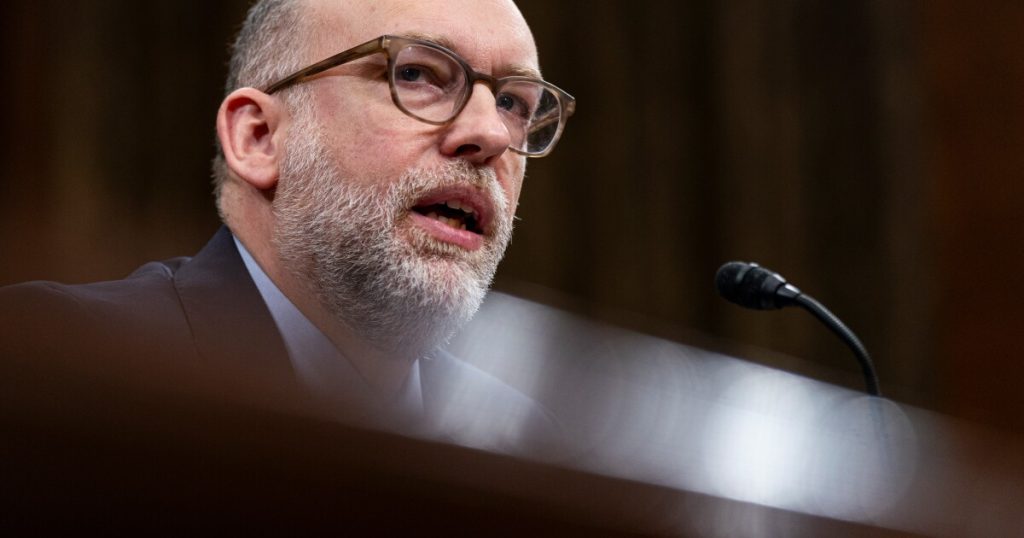The Consumer Financial Protection Bureau is proposing reducing supervision of all but the largest nonbanks in four key markets: auto financing, consumer credit reporting, debt collection and international money transfers. The move aligns with the bureau’s
Acting CFPB Director Russell Vought on Friday
Vought has proposed raising the revenue threshold for nonbanks in four key markets that would have the effect of reducing overall nonbank supervision, aligning with the leadership’s deregulatory priorities. The CFPB is seeking comments on its advance notice of proposed rulemaking by Sept. 22.
In April, the CFPB issued a
“The bureau is concerned that the benefits of the current threshold may not justify the compliance burdens for many of the entities that are currently considered larger participants,” the proposal states. “The current threshold may be diverting limited bureau resources to determine whom among the universe of providers may be subject to the bureau’s supervisory authority and whether these providers should be examined in a particular year.”
The change would provide extensive relief to nonbanks that had been subject to CFPB exams.
“From an industry standpoint, it would be a relief because CFPB supervision is extremely burdensome to prepare for and deal with,” said Chris Willis, a partner at the law firm Troutman Pepper.
Under the Trump administration, it is unclear if the CFPB is conducting any supervisory exams of banks or nonbanks. Vought is currently locked in a legal dispute with the National Treasury Employees Union and is seeking to issue a reduction in force to fire up to 1,500 employees at the agency. Because of the Trump administration’s efforts to fire civil service employees, the CFPB has limited rulemaking resources. It is already in the process of writing a new open banking rule to protect consumer financial data rights and is tapping employees at the Office of Management and Budget, an agency also headed by Vought, to help out with rule-writing.
Vought is seeking comment on
The CFPB wants to address the costs and benefits to consumers if it makes a change to the threshold test, and whether raising the threshold would impact the bureau’s ability to address potential market failures.
One of the questions asks: “Are there costs or benefits to consumers, including rural consumers, servicemembers, and veterans, of raising the larger participant threshold?”
The CFPB also wants to know if small- or mid-size companies should qualify as larger participants and whether there are “significant recordkeeping requirements that would be reduced by raising the larger participant threshold.”
Supervision is a confidential process and while financial institutions often prefer the anonymity of regulatory actions, the agency also used the process to make changes to practices it discouraged, such as overdraft fees.
Under the Biden administration, the CFPB was able to exert pressure on banks to cut back or eliminate overdraft fees entirely. For example, in 2023 under former CFPB Director Rohit Chopra, the CFPB touted that it was able
Vought’s move isn’t the final say, however. While the current leadership at the CFPB can go through the notice-and-comment rulemaking process to change the annual revenue threshold for larger participants, another administration could go through the same process to lower the thresholds in the future.

